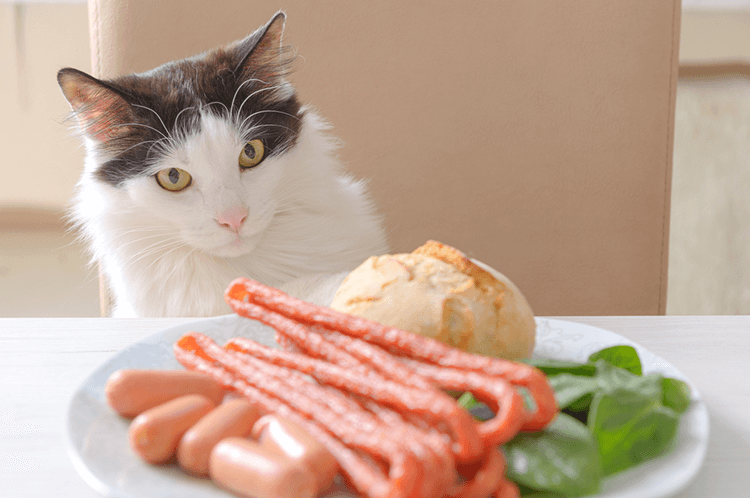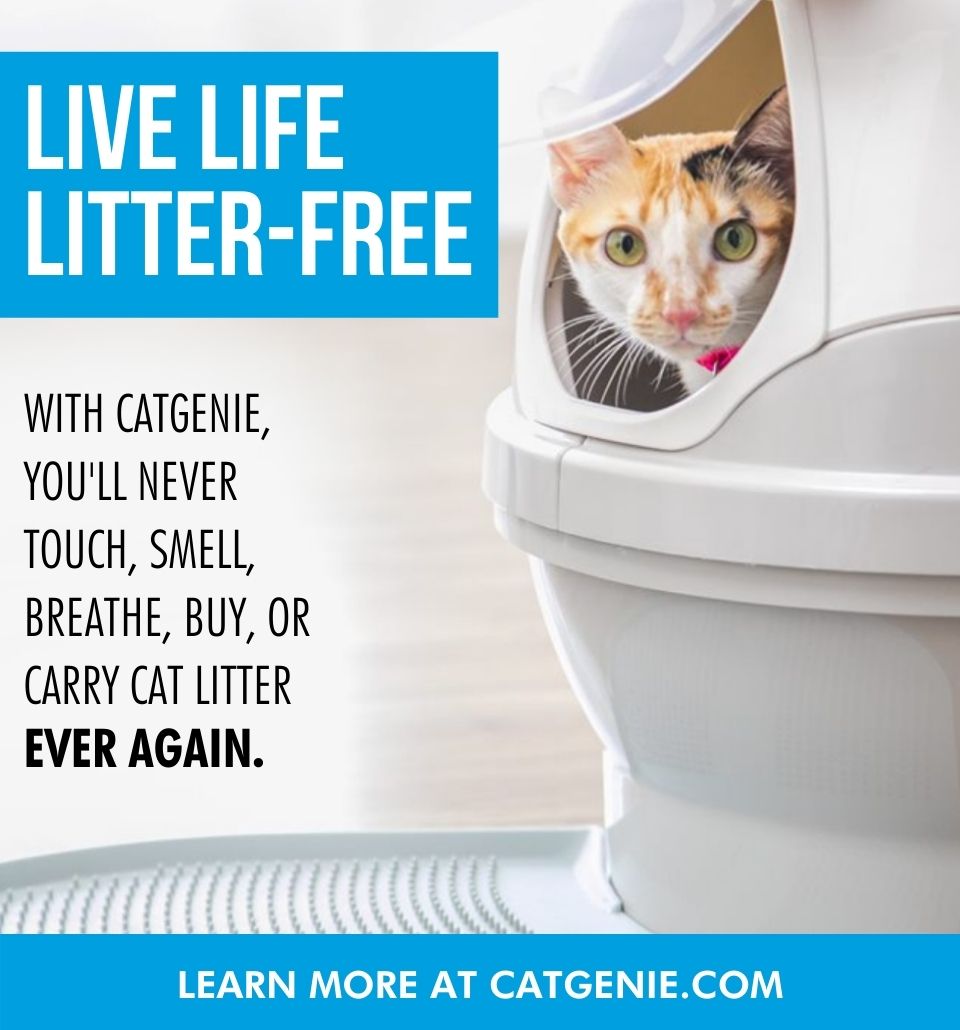It’s become a common sight in veterinary offices throughout the U.S. in recent years: A concerned client rushes in, cradling a newly-adopted cat or kitten who is lethargic, weak and near death.
After ruling out a list of common ailments, the veterinarian asks about diet, and that’s when it all begins to make sense. The owner is a vegan, you see, and thought little Socks could be a vegan too, so she’s had her furball on a diet of tofu, soy products and vegetables.
Most people who try to put their cats on vegan diets say they’re disturbed by the incongruence of living a vegan lifestyle themselves — and thus causing no direct harm to animals — while feeding a meat-based diet to their pets.
Vegan diets for cats can cause permanent damage
But veterinarians say that attitude is misguided, and could lead to serious health complications for cats, including blindness and cardiovascular disease, in addition to exacerbating conditions like urinary tract disease. For kittens, the complications are even worse, impacting the development of key organs and potentially causing lifelong problems if their diets aren’t remedied.
“Trying to feed a cat a vegan diet would be like me feeding my horses meat,” nutritionist Dr. Lew Olson told WebMD. “You’re taking a whole species of animal and trying to force it to eat something that it isn’t designed to handle.”
Vegan cat owners have been emboldened in recent years by the availability of “vegan kibble” and other strictly non-meat, non-dairy food products for cats. Those foods are marketed to pet owners who are vegan themselves and are usually sold with the claim that the food contains all the essential nutrients a cat needs to survive.
That’s not true, veterinarians say.
“Some cat owners believe they can feed their pet a vegetarian or vegan diet, and add a taurine supplement,” writes veterinarian Karen Becker. “In my opinion, this is the equivalent of eating nothing but iceberg lettuce and taking a synthetic multivitamin. That vitamin can’t possibly make up for all the nutrients missing from an iceberg lettuce-only diet.”
Not all protein is created equal
“But wait!” vegan cat owners might say. “The newest vegan cat foods are packed with protein!”
That may be true, but protein from meat “has a complete amino acid profile,” Becker writes. Plant-derived protein doesn’t provide all the amino acids – including taurine – necessary for obligate carnivores like cats, and unlike us humans – who “have the physiological ability to turn plant proteins into the missing pieces needed for a complete amino acid profile,” Becker notes – cats aren’t able to synthesize the missing nutrients. It’s a fundamental difference between species that’s often lost on well-meaning cat owners who think they’re providing their cats with complete nutrition on a meatless diet.
Transposing human ethical choices on a pet
Most vegans and vegetarians were motivated to forgo meat at least partly out of ethical concern for the animals who suffer to provide that meat, and the often gruesome factory farming methods used to provide the masses with cheap protein. This is a country that consumes 9 billion chickens a year, according to studies.
But humans have that choice while cats don’t. Cats and other pets are completely at the mercy of their humans, and can’t express dismay or tell their owners they’re not feeling right.
In 2013, Australian veterinarian Leanne Pinfold saw the damage that vegan diets can inflict on cats first-hand, when a client brought in a kitten who was near-death. The owners had kept the kitten on a “strict vegan diet,” and the kitten remained in the care of Pinfold for three days, with a treatment plan that included an IV drip, a heating pad and meat. Pinfold sent the owners home with regular meat-based cat food and a reminder that “forcing ideologies” onto a pet can have disastrous consequences.
“Concern for animal welfare has to include a biologically appropriate diet,” Pinfold said. “You can’t force your ideology on a cat.”






